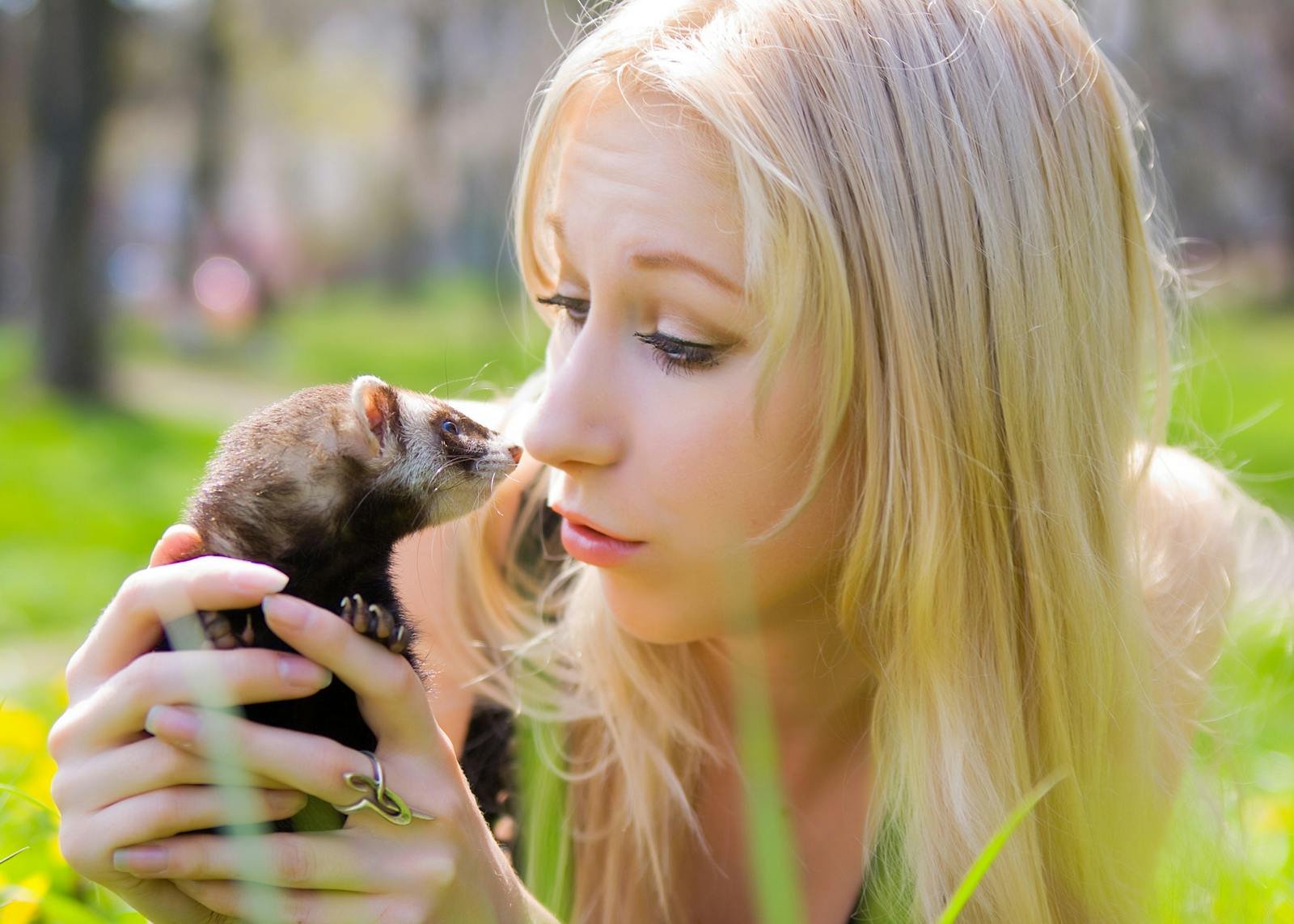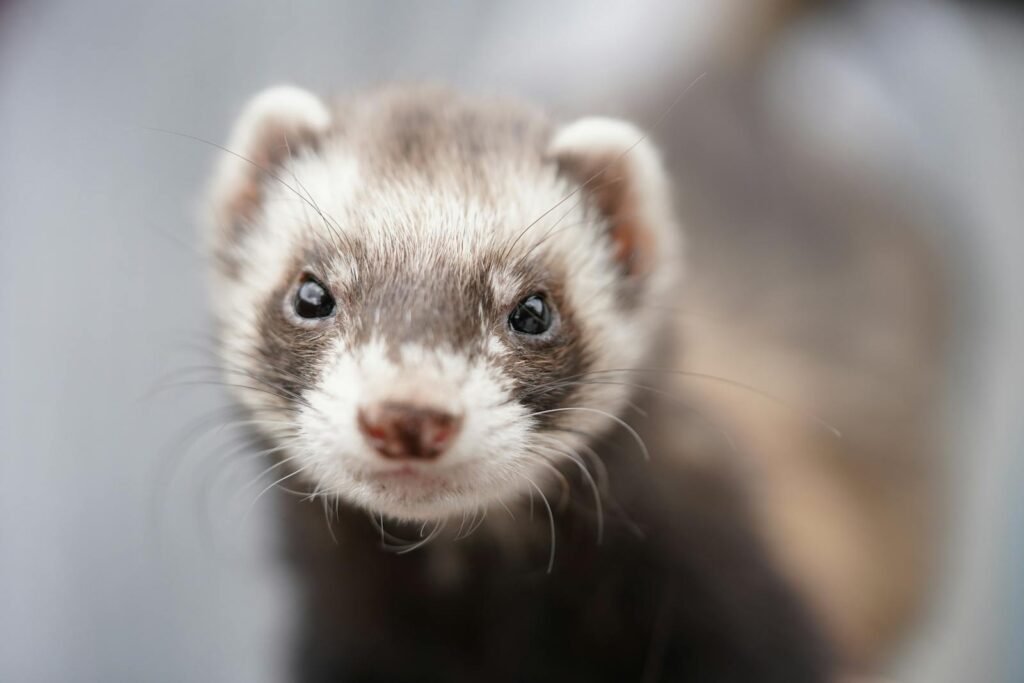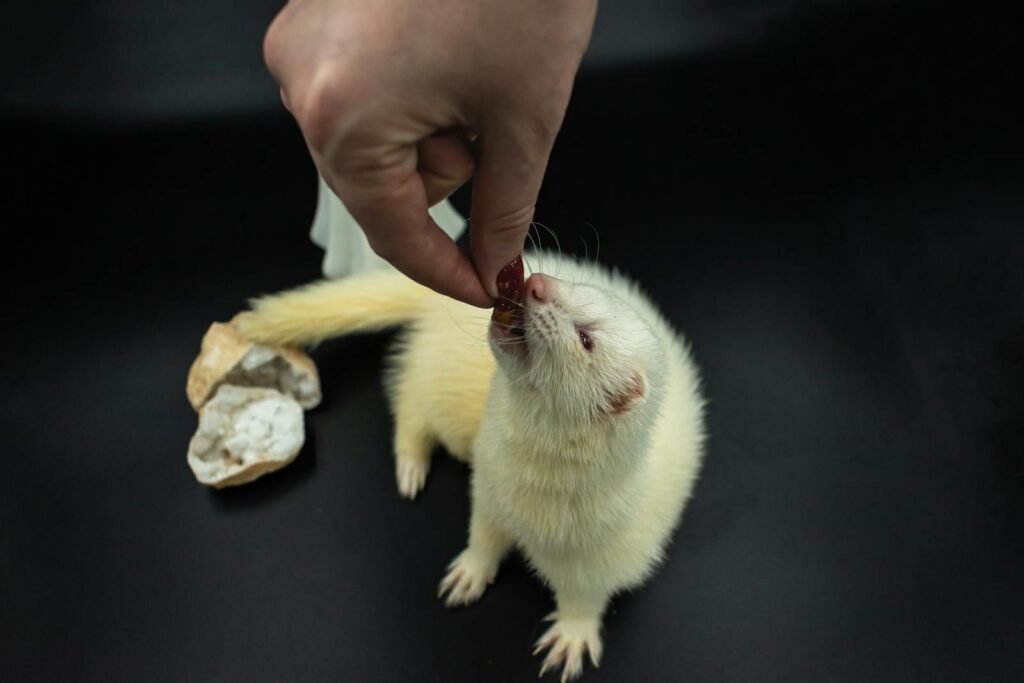
Ferrets are curious, playful and energetic — making them an interesting pet option! If you’re thinking a ferret might be your next fur baby, you’re in for some wacky times. Ferrets are not an average house pet and have their own particular needs. However, with the right information, these animals can be a lovable companion in your house. This blog will explore everything there is to know about having a pet ferret, from their entertaining personalities to the things to be aware of and tips including how to care for your spunky companion.
Why Ferrets Make Great Pets
Ferrets are sociable, smart, and playful animals. They also have a tendency to form strong bonds with their owners, often following them around like little shadows. They’re also a super fun animal to watch — whether it’s their zoomies (those ridiculously fast runs) or their naughty behavior, ferrets keep you entertained. If you want a pet that will offer love and a lot of chuckles, a ferret may be the way to go.
Fun Fact: Ferrets make a funny noise called a “dook” when they’re excited/happy!

They can be a bit of a challenge to care for
Ferrets are adorable little creatures, but they also have their flaws. They take up heavy time, care, and dedication.
High Energy: Ferrets are high-energy and require a lot of playtime outside of their cage to let off that energy. Without adequate stimulation, their energy and need to play may manifest itself through destructive chewing and scratching.
Escape Artists: Ferrets are natural escape artists and they can get out of the smallest openings if their living area isn’t secure. It’s important that their habitat is escape-proof.
Litter Box Training: Ferrets are relatively easy to litter train, but it takes consistency and patience. Just be ready to scoop out the litter box if they do.
Sleep Schedule: Ferrets are crepuscular, which means they’re most active at dawn and dusk. Their sleep schedule can be different than yours and you’ll have to adjust to their nocturnal life.
Essential Care Tips for Your Ferrets
A. Diet
Ferret diet: Ferrets are obligate carnivores, which means they require animal protein as the mainstay of their diet. You will have to give them ferret special food, or a fine kitten food as an alternative.
What to stay away from: Avoid giving your ferret sugary treats or things with fillers, like corn or wheat. This can lead to digestive problems.
Subheading: HydrationWhile ferrets may have their water to lap from, ensure that fresh, clean water is always available. Some ferrets like a water bottle while other ferrets live the bowl life.
B. Cage Setup
While your ferret’s cage should be big enough for them to have enough room to move around comfortably. That could be a place to sleep, and play, and exercise. Ferrets enjoy burrowing, so be sure to provide them nice bedding.
Accessories: Get tunnels, hammocks and toys to keep your ferret entertained. You need a durable, escape-proof cage, too — especially if you can’t always supervise them outside their cage.
C. Playtime and Exercise
Ferrets require ample out-of-cage time to run about, explore and play with you. So the goal here should be at least 2-3 hours of playing each day. Ferrets can become bored and stressed depending on how long they can be alone for, which may trigger destructive behaviors.
Toys: Ferrets are natural chasers and hiders, so provide toys such as balls and tunnels, and things they can dig and burrow in.
D. Grooming
Ferrets are pretty clean animals but do require some grooming. Regular grooming will keep their coat glossy and minimize shedding. They might also need the occasional bath, but don’t overdo it — bathing them often can dry out their skin.
E. Health Care
It’s also worth pointing out that all pets need regular veterinary attention, including ferrets. Regular vet check-ups are important, book annual visits with a vet who specializes in dealing with exotic pets. Make sure they’ve been vaccinated against rabies and distemper, and also have them screened for common problems like adrenal disease and dental issues.

Keeping Your Ferret Safe and Happy
Ferrets must have a secure surrounding space that allows for exploration and socializing. A few things to know:
Ferret-proof your home: Ensure that any perilous objects, spaces or chemicals are out of reach.
Socialization: Ferrets are social creatures, so play with them often, and consider adopting more than one if you can. They flourish in pairs or groups.
Conclusion
Having a ferret as a pet can be one of the best things you will ever do. These furry little creatures add so much fun and spirit to a household, with their antics and countless energy. But they also need a lot of attention, care and patience. By offering enough food, exercise, and a safe setting, you’ll be preparing your ferret for a long, delighted life. Therefore, are you prepared to become a home for a spunky little buddy? Be part of the Pets Fun Zone Community for sharing stories, advice, and information you need on your pet journey!
- Tags:
- feeding pet ferrets
- ferret behavior guide
- ferret bonding tips
- ferret cage setup
- ferret care tips
- ferret challenges
- ferret enrichment activities
- ferret essentials
- ferret grooming tips
- ferret health care
- ferret ownership guide
- ferret playtime ideas
- ferret safety tips
- ferret training tips
- ferret-proofing your home
- first-time ferret owner
- fun with pet ferrets
- how to care for a ferret
- pet ferret advice
- pet ferret do’s and don’ts



